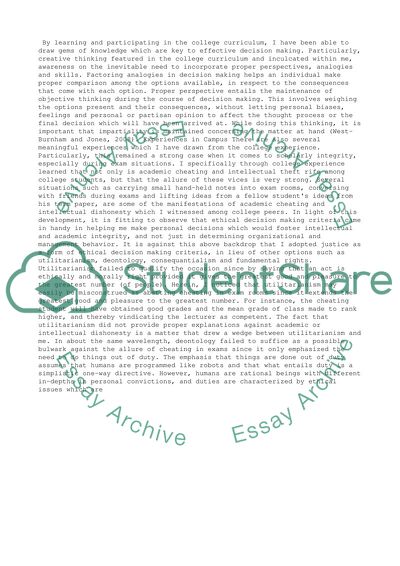Cite this document
(“Decision Making within college life Term Paper Example | Topics and Well Written Essays - 1500 words”, n.d.)
Decision Making within college life Term Paper Example | Topics and Well Written Essays - 1500 words. Retrieved from https://studentshare.org/management/1471055-decision-making-within-college-life
Decision Making within college life Term Paper Example | Topics and Well Written Essays - 1500 words. Retrieved from https://studentshare.org/management/1471055-decision-making-within-college-life
(Decision Making Within College Life Term Paper Example | Topics and Well Written Essays - 1500 Words)
Decision Making Within College Life Term Paper Example | Topics and Well Written Essays - 1500 Words. https://studentshare.org/management/1471055-decision-making-within-college-life.
Decision Making Within College Life Term Paper Example | Topics and Well Written Essays - 1500 Words. https://studentshare.org/management/1471055-decision-making-within-college-life.
“Decision Making Within College Life Term Paper Example | Topics and Well Written Essays - 1500 Words”, n.d. https://studentshare.org/management/1471055-decision-making-within-college-life.


